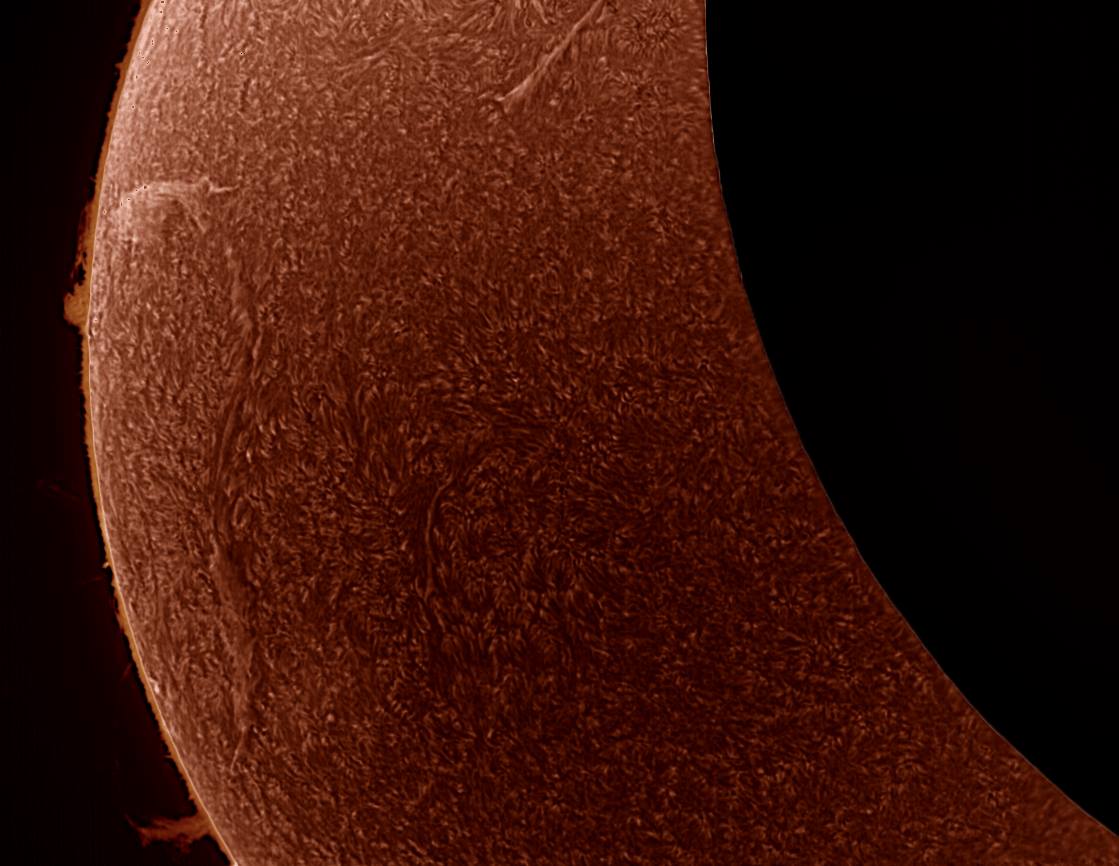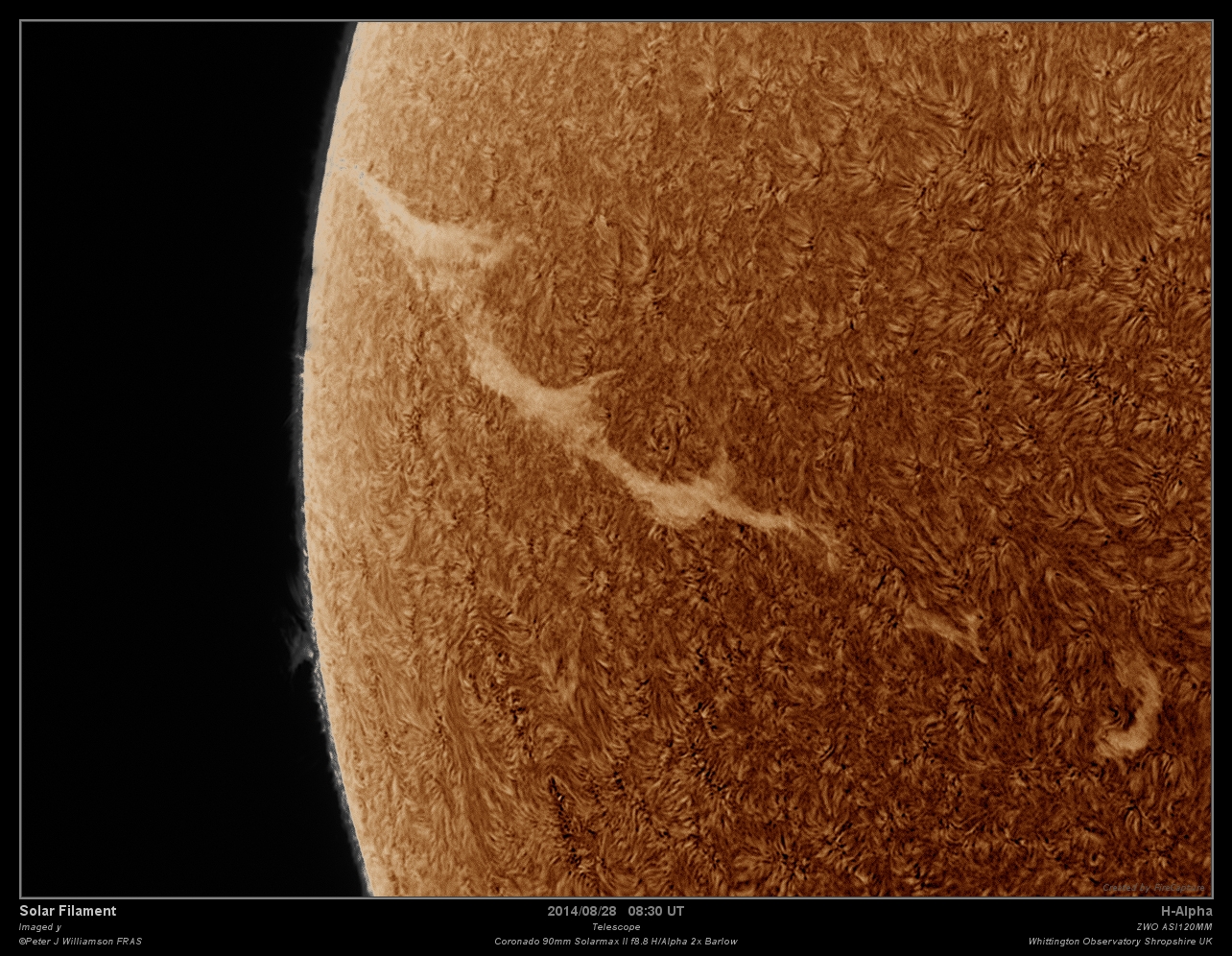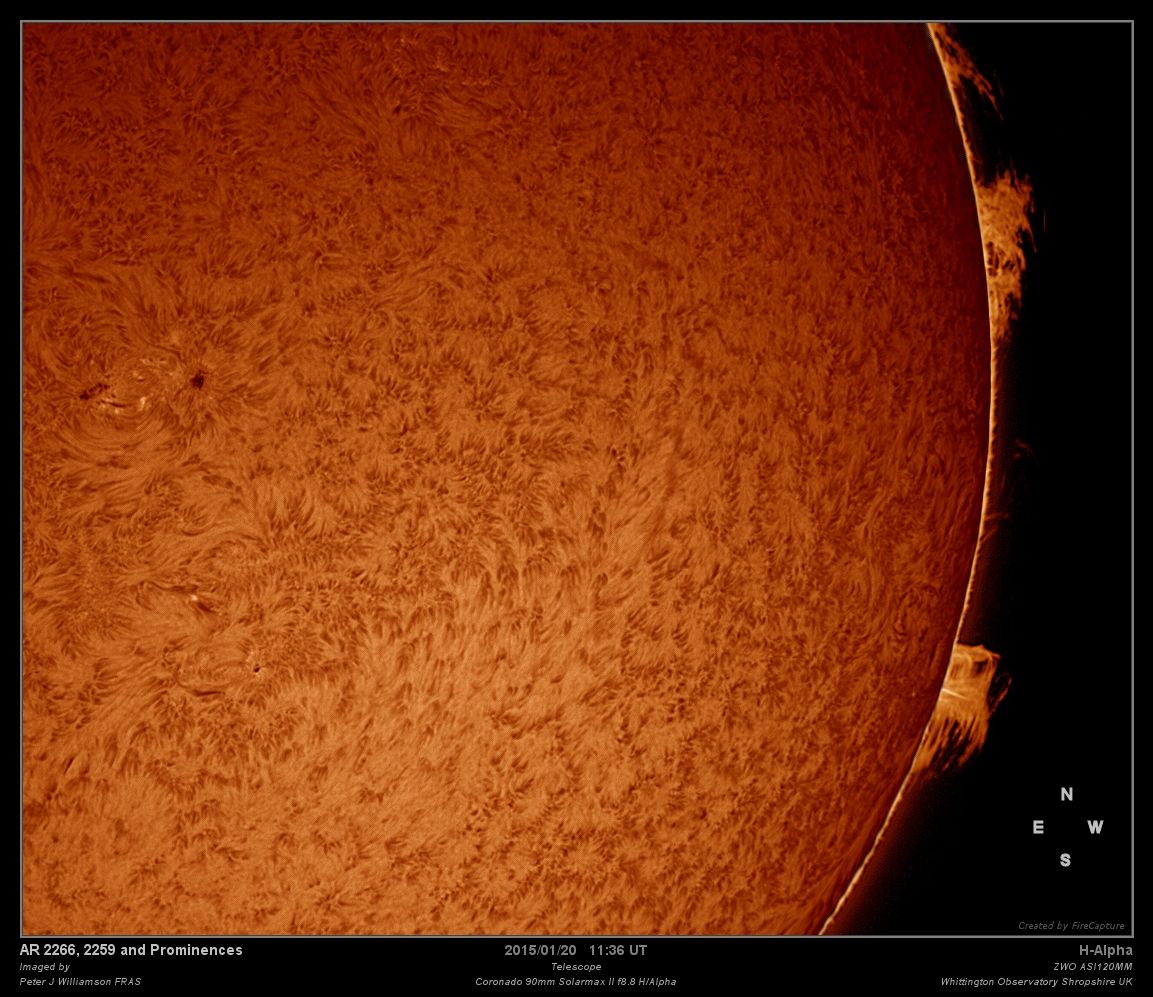Hama Neggs
Senior Member.
that's what debunkers are for.
Where does "scientist" end and "debunker" begin?
that's what debunkers are for.
This is an interestingly posed question. IMO, "scientist" begins where "debunker" endsWhere does "scientist" end and "debunker" begin?
This is an interestingly posed question. IMO, "scientist" begins where "debunker" ends
http://en.wikipedia.org/wiki/Independent_scientistCitizen science (also known as crowd science, crowd-sourced science, civic science, volunteer monitoring or networked science) is scientific research conducted, in whole or in part, by amateur or nonprofessional scientists. Formally, citizen science has been defined as "the systematic collection and analysis of data; development of technology; testing of natural phenomena; and the dissemination of these activities by researchers on a primarily avocational basis."[1]
And then of course there's the contested designation of pseudoscience and "crank scientists"An independent scientist (historically also known as gentleman scientist) is a financially independentscientist who pursues scientific study without direct affiliation to a public institution such as a university or government-run research and development body. The expression arose in post-Renaissance Europe[1] but became less common in the 20th century as government and private funding increased.
Ultimately it's best to judge people by their deeds, or simply judge the deeds themselves. Arguing if someone is or is not a scientist can quickly devolve into a semantic dictionary argument.How can we tell if someone is a scientific crank? Gardner offers this advice: (1) "First and most important of these traits is that cranks work in almost total isolation from their colleagues." Cranks typically do not understand how the scientific process operates—that they need to try out their ideas on colleagues, attend conferences and publish their hypotheses in peer-reviewed journals before announcing to the world their startling discovery. Of course, when you explain this to them they say that their ideas are too radical for the conservative scientific establishment to accept. (2) "A second characteristic of the pseudo-scientist, which greatly strengthens his isolation, is a tendency toward paranoia," which manifests itself in several ways:
(1) He considers himself a genius. (2) He regards his colleagues, without exception, as ignorant blockheads....(3) He believes himself unjustly persecuted and discriminated against. The recognized societies refuse to let him lecture. The journals reject his papers and either ignore his books or assign them to "enemies" for review. It is all part of a dastardly plot. It never occurs to the crank that this opposition may be due to error in his work....(4) He has strong compulsions to focus his attacks on the greatest scientists and the best-established theories. When Newton was the outstanding name in physics, eccentric works in that science were violently anti-Newton. Today, with Einstein the father-symbol of authority, a crank theory of physics is likely to attack Einstein....(5) He often has a tendency to write in a complex jargon, in many cases making use of terms and phrases he himself has coined.
Partly, but it's more about creating accurate theories that best explain the world. The bunk removal is a (necessary) side effect.In a way, the scientific method consists of the removal of bunk from our understanding of the world around us.
In a way, the scientific method consists of the removal of bunk from our understanding of the world around us.This is an interestingly posed question. IMO, "scientist" begins where "debunker" ends
mmm, this can get confusing, new terminology can be a minefield
the description above has the term citizen scientists having rather benign concept, but to someone like James Delingpole it has an altogether different meaning.
it simply seems to mean someone with a contrarian view and access to the internet and YouTube, JD seems to denigrate actual science, in favour of the "citizen scientists"
here he is in a revealing interview with Sir Paul Nurse - where he explains his view on conventional "science" and the scientific method contrasted with the the role of "citizen" scientist.
he eschews peer review and favours peer to peer review, via the internet
The scientific method goes well beyond the removal of bunk. It aims at providing a more accurate explanation of observational data.
I'm not sure I see the difference. Bunk and misconceptions are pretty much the same thing and the opposite of accuracy.
True enough. I was just comparing the lack of knowledge to that. Your definition is more accurate.Debunking is about demonstrating that things are wrong.
i dont know what your last sentence means. But one would have to use the scientific method. For instance, if we could get a chemtrailist to actually photograph the sky in one area every two hours for two weeks I would consider that data collection using the scientific method to prove their claim that the chemtrails are always covering the sun.I don't think I really understand the phrase "citizen scientist."
Are there any requirements at all to achieve this?
Am I a "citizen NFL star" if I'm interested, but have no NFL experience I could put on my résumé?
Debunking is about demonstrating that things are wrong. Science is about discovering things that seem to be true - or at least fit the available evidence very well.
From my take on it citizen science is a way that interested citizens can help scientists collect data and advance scientific understanding in certain fields of research.I don't think I really understand the phrase "citizen scientist."
Are there any requirements at all to achieve this?
Am I a "citizen NFL star" if I'm interested, but have no NFL experience I could put on my résumé?
from - http://en.wikipedia.org/wiki/Stargazing_LiveDuring the 2012 series, viewers were encouraged to help locate possible exoplanets, planets orbiting stars outside the Solar System, by volunteering some time on the Planet Hunters[7] online citizen science project. This led to the discovery of a new Neptune-sized exoplanet by two amateur astronomers, one in Peterborough, England, to be named Threapleton Holmes B.[8]
The third series returned with another three episodes. As with the last series, a "Back to Earth" chat was held after each episode. A citizen science project was again featured, this time asking viewers to help in identifying areas of interest in aerial photographs of the surface of Mars. Another feature which ran across the three nights involved the construction of a modern version of William Herschel's 20-foot telescope at the University of Derby.[9]



